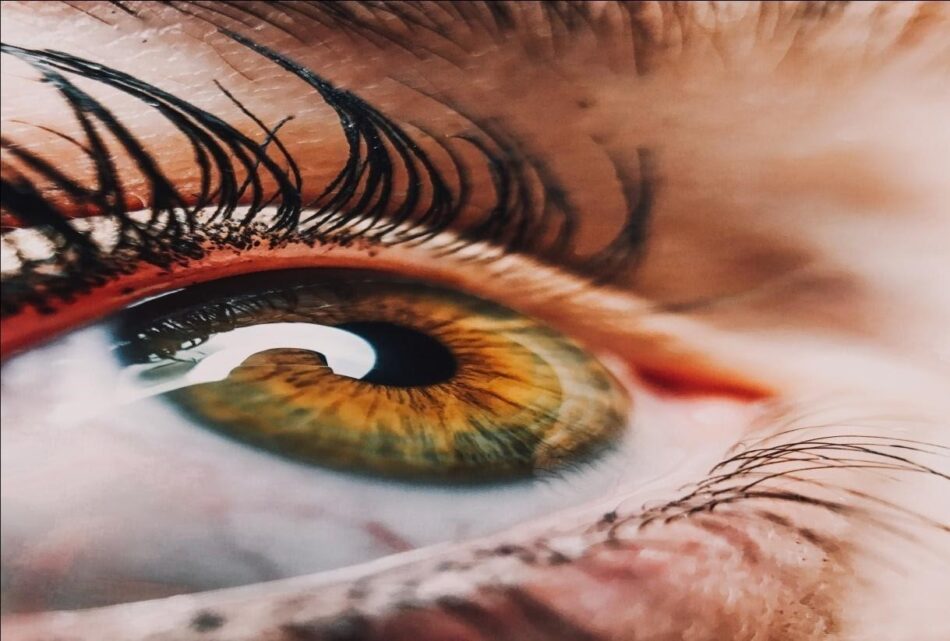LET ‘CONTROL DIABETES’ BE YOUR MISSION, TO SAVE YOUR VISION. REMISSION OF DIABETES IS THE SOLUTION
Diabetes: It is a chronic health condition when the ability of the body to manufacture (type 1 diabetes) or respond ( type 2 diabetes ) to insulin hormone is damaged.
A major part of the food we eat is broken down to sugar, called glucose which is released into the bloodstream. When the levels of glucose increase, the pancreas releases a peptide hormone called insulin into the bloodstream. This hormone regulates the levels of glucose in the blood and assists its storage in the liver, muscle, fat, and other body tissues in the form of energy.
Prolonged diabetes and uncontrolled sugar levels in the bloodstream lead to many high-risk diseases including cardiac problems, damage of blood vessels resulting in high BP, kidney, nerves, and vision.
It has been identified that both hyperglycemia and hypoglycemia invariably affect vision.
Symptoms Diabetes can cause:
Symptoms of diabetes affecting eyes could be headaches, blurred vision, watery eyes, eye pain, halos around lights, or total vision loss, flashes of light, or holes in your vision, or black spots in your vision, or blurred vision.
Cataract: Aging causes the natural lens in our eyes to grow thicker thus losing its transparency and flexibility, leading to clouding of the lens or cataract.
Cataracts may occur to any individual but research on this subject has proved that diabetic people acquire them at an earlier stage with a rapid progression.
Blurry Vision: Diabetic people are more prone to the changes in the fluid pressures in the eye leading to blurry vision.
Glaucoma: Diabetic people are at a high risk to acquire glaucoma which has several types.
Diabetic Retinopathy: The retina consists of a group of cells situated at the back of the eye which take in the light to convert images and send them to the brain by the optic nerve. Elevated blood sugar levels cause damages to the small blood vessels in the retina leading to diabetic retinopathy, which can cause diminished vision and even blindness.
Proliferative retinopathy As diabetes causes microangiopathy, enough oxygen does not reach the cells situated at the back of the eyes. The new cells which grow are fragile and tend to bleed causing blood clots which in turn forms scars pulling the retina away from the back of the eye leading to blindness.
Maculopathy is the swelling of the macula, the center of the retina responsible for the best and sharp vision which includes reading, stitching, driving, and other related activities, due to the effect of diabetes.
Food for thought: Let, ‘control diabetes’ be your mission to save your vision!





